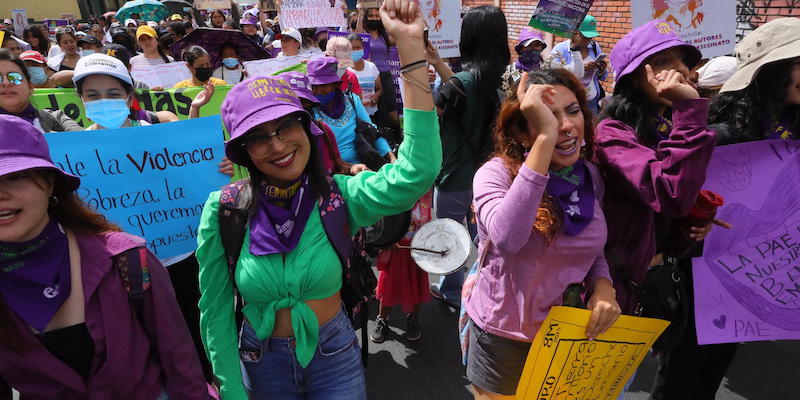Xiomara Castro, the president of Honduras, in Central America, he signed an executive order that will allow the sale and use in the country of the pill for emergency contraception, the so-called “morning-after pill”. In Honduras, abortion is completely prohibited and the “morning-after pill” was illegal since April 2009, when the conservative-majority parliament banned its sale and use. Castro, the first female president of left-leaning Honduras, quoted the World Health Organization in a Twitter post as including the emergency contraceptive pill in the list of essential medicines, recalling that “it is part of the reproductive rights of women e it is not abortive»: that is, it cannot prevent the implantation of a fertilized egg in the uterus.
Although the pill is a method of contraception, anti-abortion movements compare it to methods for the voluntary termination of pregnancy, when in reality it has completely different mechanisms of action.
In Honduras, a country of about 10 million inhabitants with a Catholic majority, abortion is not practicable under any circumstances, not even for rape or incest: doctors and health workers are required to report clandestine abortions to the police, and women who interrupt clandestine pregnancy risk prison or death. Since 2009, the use, sale, distribution and purchase of emergency contraceptives have also been prohibited. Feminist movements had repeatedly called for its decriminalization, which however should have been accompanied, according to them, by far more extensive measures in favor of women’s sexual and reproductive health and their fundamental rights.
According to a local NGO, there are between 50 and 80 thousand in Honduras every year clandestine abortions. The United Nations says the country has one of the highest rates of sexual violence in the world, a significant factor in unwanted pregnancies and life-threatening forced births among teenagers. Nearly one in three women over the age of 15 has experienced physical or sexual violence from an acquaintance. 90 percent of pregnancies treated by Médecins Sans Frontières in the country’s capital, Tegucigalpa, were the result of rape: one in five cases involved minors.
